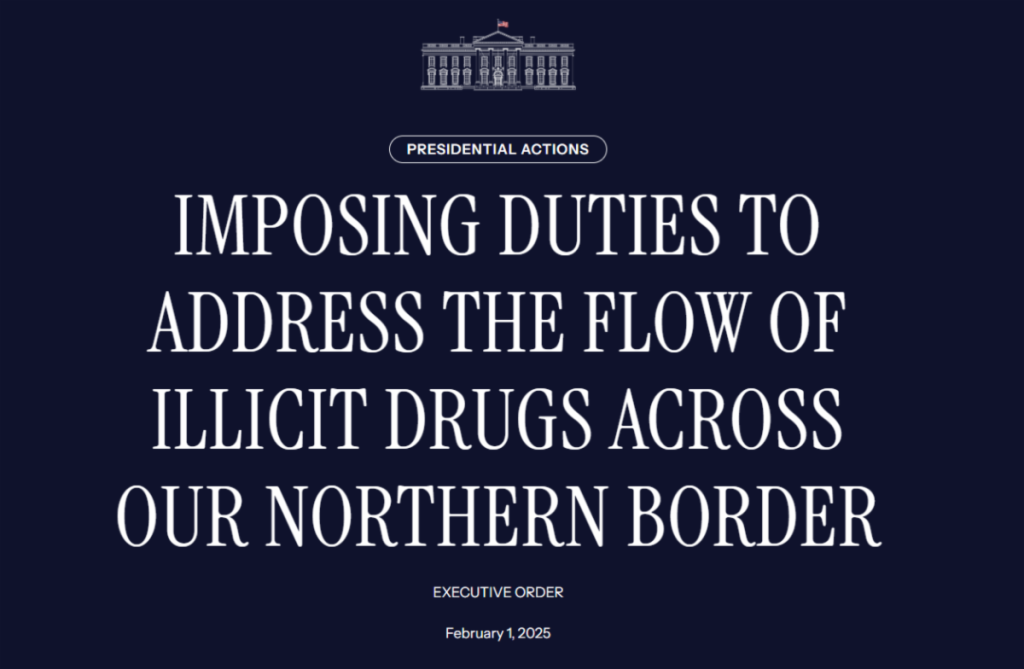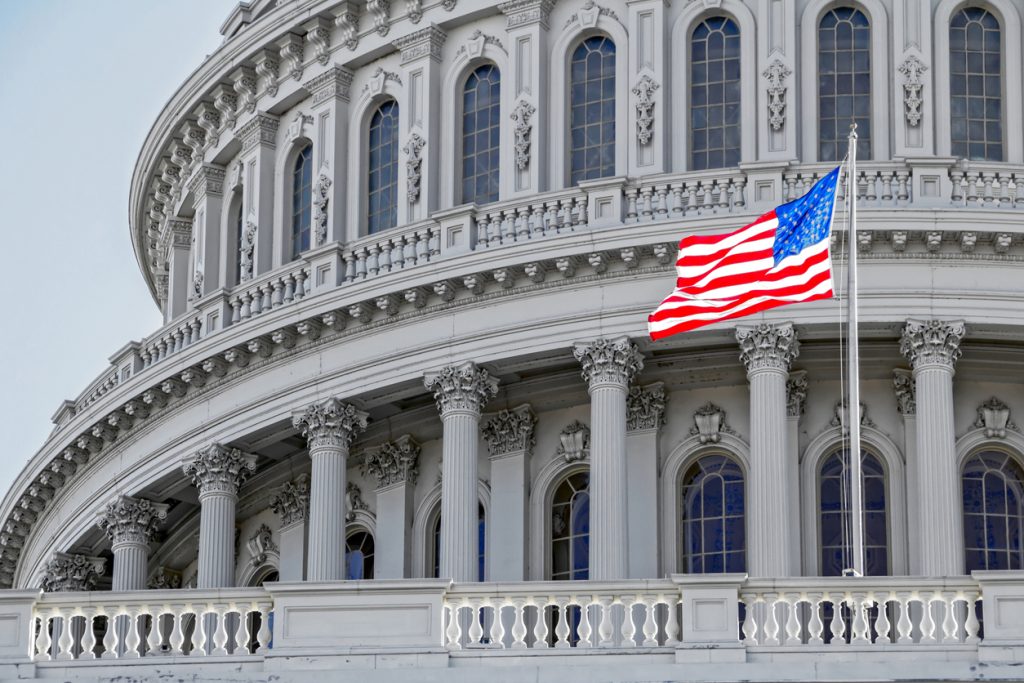Cargo-ship congestion at California ports and those located around the United States is at some of the highest levels in years due to supply-chain disruptions caused by the COVID-19 pandemic. To help break up the congestion, on Feb. 1 the Port of Los Angeles started an incentive program to move trucks more efficiently and at a faster pace through its terminals, said Gene Seroka, the port’s executive director.
The incentive program will offer financial rewards for shortening the time it takes to process trucks handling cargo, he said. Terminals that improve truck turn times from 5 percent to 20 percent can earn 50 cents or $2.75 per loaded or empty 20-foot-equivalent unit containers. If a terminal averages turn times of 35 minutes or less in a given month, it will earn a top rate of $3 per loaded or empty container, he said.
“These best practices are needed now more than ever to relieve pressure on the supply chain due to the ongoing surge,” Seroka said. “Ports are more fluid when trucks move quickly in and out of the gates and are more productive when a truck delivers one container and leaves with another in a single trip. We’re going to reward terminals for better performance.”
Traffic has gotten so bad at U.S. ports that the Federal Maritime Commission, a Washington, D.C.–based federal-government agency that regulates international ocean transportation, announced late last year that it would form a commission to investigate the bottlenecks at U.S. ports. The commission is investigating shipping-company practices that may have contributed to port congestion. Commission findings had not been announced by press time.
Reasons for congestion in Los Angeles and at its neighboring Port of Long Beach are multifaceted. One issue is a labor problem, said Robert Krieger, president of Krieger Worldwide, a Long Beach, Calif.–based freight-forwarding service. The pandemic has cut into the numbers of longshoremen available to take cargo off of ships.
“There have been situations of strikes and lockouts at the ports. This is similar,” Krieger said. “When they have lockouts and strikes, it may take many weeks to clear out backlogs. Now there’s just a backlog that won’t get cleared out for many months. It’s hard to say when the port situation will go back to normal.”
News: https://www.apparelnews.net/news/2021/feb/04/traffic-congestion-ports-l-and-long-beach-high-lev/










